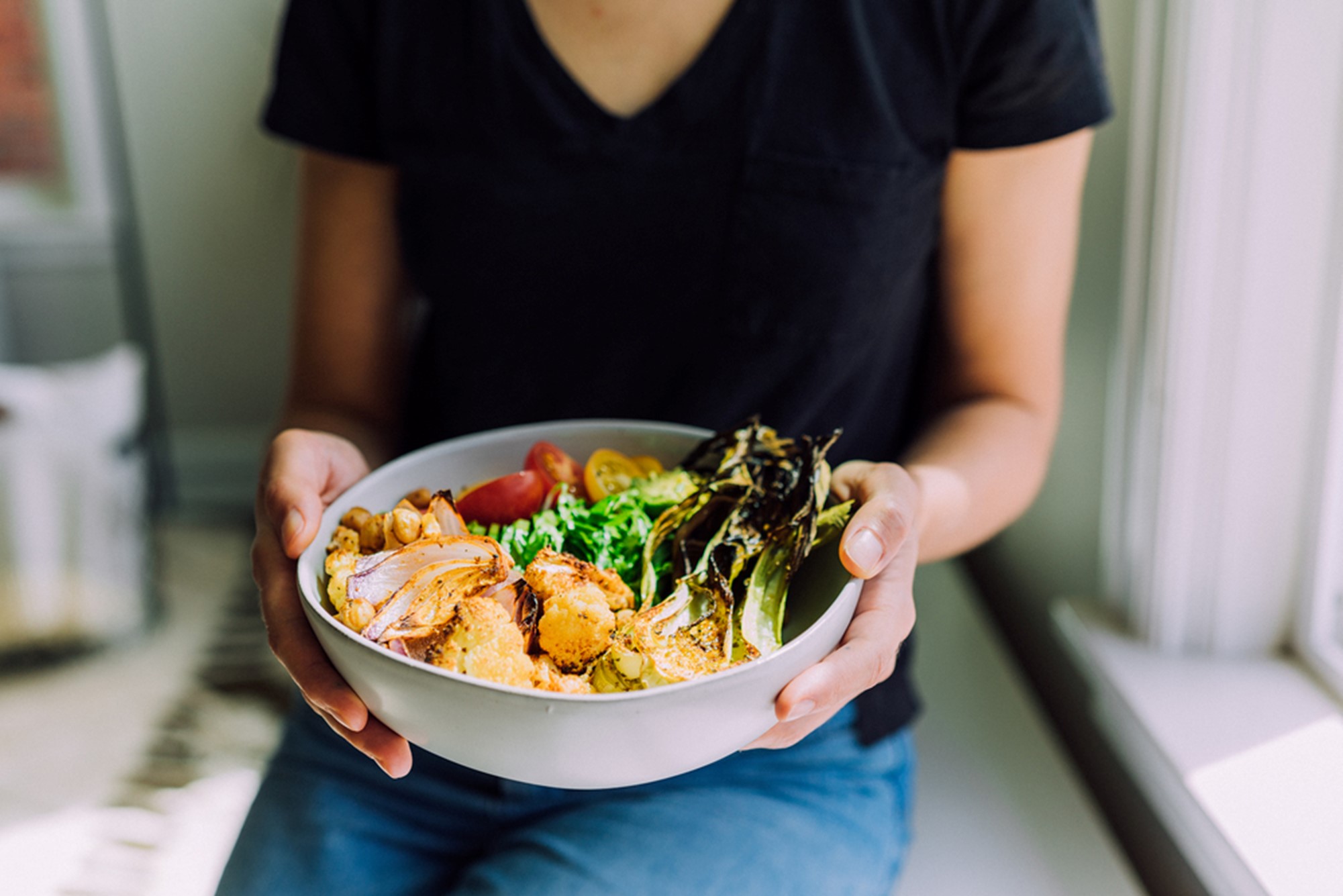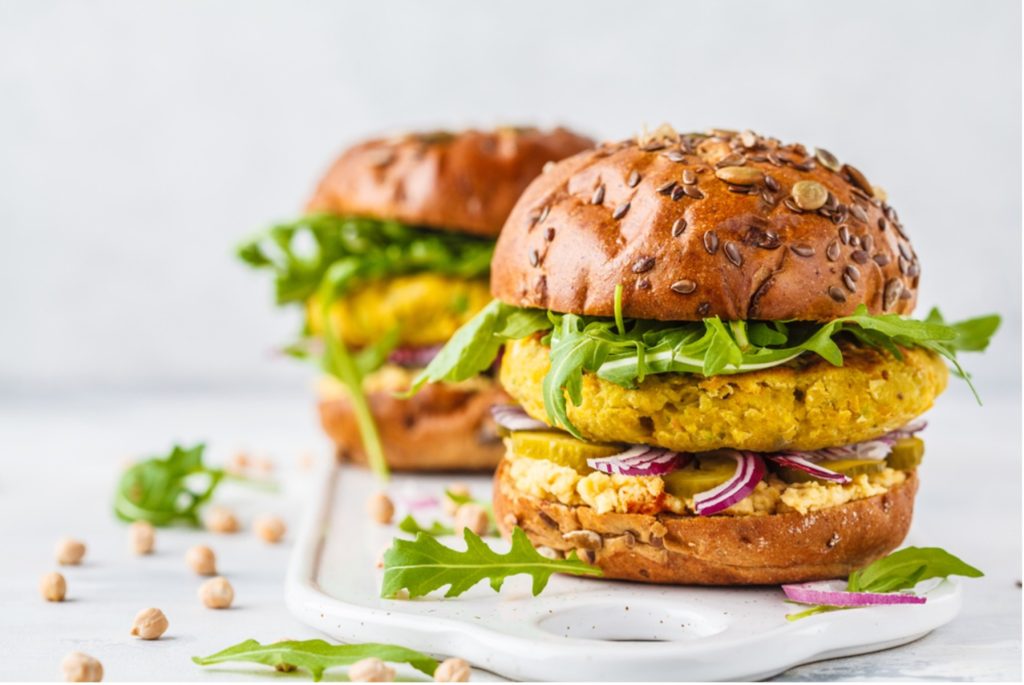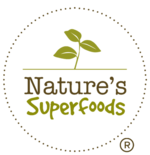-
No products in the cart.
Mistakes to Avoid when Following a Plant-Based Diet

Written by: Nature’s Superfoods Team
Veganism has been on the rise recently. Also known as the “plant-based diet”, followers of this lifestyle avoid consuming animal products and by-products. Living off of a diet rich in fruits, vegetables, and a variety of superfoods, vegans are on the receiving end of numerous health benefits. With studies linking plant-based diets with the ability to keep Diabetes at bay and reduce the risks of other chronic illnesses, it comes as no surprise that many are slowly gravitating towards this wholesome lifestyle – and you should too! However, precautionary measures and thorough research are required to not only fully comprehend the extent to which it will impact your life but also ensure that the switch is successful. An easy lifestyle to lead, we cover the common mistakes to avoid so that you’ll reap all the benefits from a personal health perspective.
Mistake #1: Assuming that All Vegan Foods are Healthier

All vegan foods are healthy right? Not necessarily! Although a wholefoods plant-based diet is highly commercialised as a lifestyle filled with vegetables and fruits, in reality, there is plenty of vegan or vegetarian junk food. From Oreo cookies to deep-fried soy-based nuggets and even the famous almond milk, these are all vegan but are not as healthy as we portray them to be. Take almond milk, for example. It might be lower in calories compared to whole milk, but it only contains meagre amounts of protein – less than 15% of the protein content of low-fat cow’s milk, to be specific. Soy-based patties, nuggets, and other faux meats are also the ultimate go-to for those craving some meaty flavours. However, these are highly processed and contain a long list of artificial ingredients and chemicals that can do more harm than good to the body. Instead, opt for whole foods such as organic chia seeds, organic quinoa seeds, and superfood powders like organic maca root powder and matcha powder.
Mistake #2: Not Easing into the Diet
Upon comprehension of what a plant-based diet is, many tend to go cold turkey. Though this might work for some people, the mental anxiety and stress of cutting most things out of your diet in one day might not be the best course of action. Another reason not to take a full 360ᵒ is that the sudden increase in fibre content from eating a vegan diet might upset the GI tract – bloating, gas, and constipation are common side effects of excessive fibre intake. So, how do you start a plant-based diet? Take things one step at a time and listen to your body to address its specific needs.
Mistake #3: Paying Too Much Attention on Protein
A common misconception is that once we cut meats out from our diets, we’ll not meet the Recommended Daily Intake (RDI) for protein. This could not be further from the truth since research has shown that most vegetarians and vegans exceed the RDI for protein – 70% more to be exact. Therefore, when determining what to eat on a plant-based diet, avoid placing too much emphasis on proteins. Look into the nutritional shortfalls in other aspects of the diet, such as getting sufficient B12, vitamin D, iron, omega-3 fatty acids, and iodine.
Mistake #4: Eating Too Little Calories & Not Drinking Enough Water

We all need food and water to survive – that is a given. But how much are we supposed to eat and drink? Since many food groups are off limits for vegans, meeting caloric needs can be challenging. This restriction of calories can lead to negative side effects such as fatigue, slower metabolism, and even nutrient deficiencies. Hence, incorporating calorie-rich yet healthy supplements such as extra virgin coconut oil and plant-based protein powders just might do the trick.
As mentioned, a vegan diet also contains a lot of fibre. With this surge in fibre intake, drinking enough water is important to help the fibre move through the digestive tract and prevent any gastrointestinal issues such as bloating.
Mistake #5: Not Eating Enough Whole Foods or Consuming Enough Calcium
Whether you are on a vegan diet or not, the increased intake of nutrient-dense foods that contain vitamins, minerals, and antioxidants is a must. Of all these, calcium is an important mineral for your body to maintain strong bones and teeth. Since popular calcium-rich foods like cow’s milk is no longer a viable option for vegans, it is pivotal to consume high calcium foods like kale, broccoli, almonds, and oranges.
With the plethora of organic food stores and shops in Singapore, converting to veganism has become easier than ever. Housing unique superfoods such as sacha inchi oils and healthy breakfast cereals that we might otherwise turn a blind eye to, veganism opens a whole new world worth exploring, even if not permanently. Simply put perfectionism on the back burner and enjoy the journey when you start a plant-based diet.

